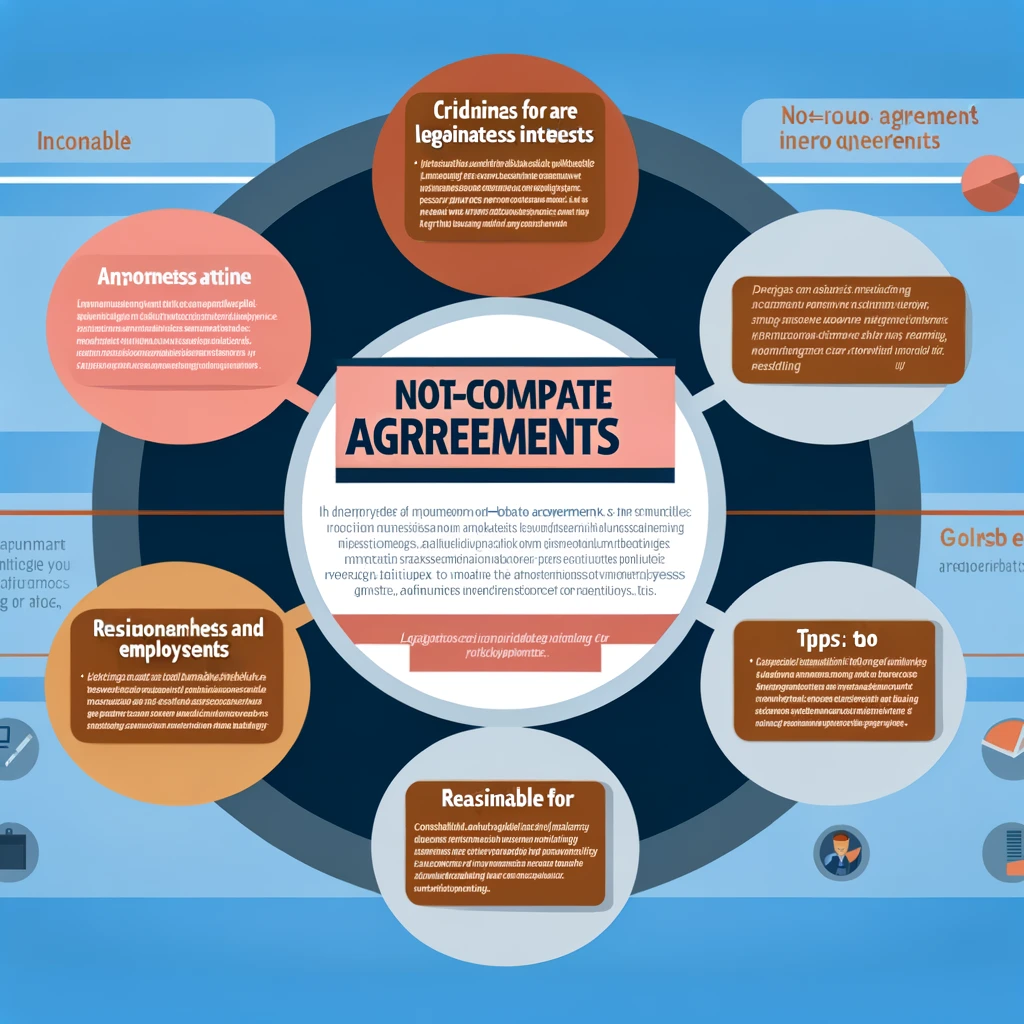
In the heart of the Midwest, Iowa's approach to non-compete agreements mirrors its balanced approach to business and employee rights. Understanding the nuances of these agreements within the state's legal framework is essential for both employers and employees. This comprehensive guide will explore Iowa's stance on non-compete agreements, highlighting key legal considerations, enforceability criteria, and practical tips to navigate these complex legal instruments.

Non-compete agreements, or covenants not to compete, are contracts wherein an employee agrees not to enter into competition with an employer after the employment period is over. These agreements can protect a business's sensitive information and investments in employee training, but they must be balanced against an employee's right to work in their chosen field.
Iowa's legal stance on non-compete agreements is primarily derived from case law, with courts setting precedents on what constitutes an enforceable agreement. While Iowa does not have a specific statute governing non-compete agreements, several key principles emerge from judicial decisions:
For further reading on legal standards and principles, the University of Iowa College of Law provides comprehensive legal resources and analysis.
In Iowa, as in many jurisdictions, the reasonableness of a non-compete agreement is a key factor in its enforceability. Agreements are typically limited to a duration of one to two years and must be limited to a geographical area where the employee actually worked or had influence.
Employers must clearly define the business interests they seek to protect with the non-compete agreement. General competition is not considered a protectable interest; instead, focus on specific interests like confidential information or client lists.
The employee must receive something of value in exchange for signing a non-compete agreement. For new employees, the job offer itself can constitute consideration. For existing employees, additional consideration is required, which could include a promotion, raise, or other tangible benefits.
Iowa courts employ a balancing test to weigh the employer's need to protect its business interests against the employee's right to engage in a profession. The more critical the protected interest, the more likely a court will enforce a non-compete agreement.

Create & Review Your Contracts 10x Quality and Ease
Lawyer-level AI handles all your contract needs, with real lawyers providing safeguarding support

Non-compete agreements in Iowa are a delicate balance between protecting business interests and preserving employees' rights to work. Both employers and employees must approach these agreements with a clear understanding of the legal landscape and a focus on fairness and reasonableness. By adhering to Iowa's legal standards and employing practical strategies for negotiation and compliance, parties can ensure that non-compete agreements serve their intended purpose without leading to undue hardship or legal disputes.
For additional resources and legal guidance, consider exploring the Iowa State Bar Association's website or consulting with a legal professional specialized in employment law.
Create & Review All Your Contracts Online With LegalNow AI